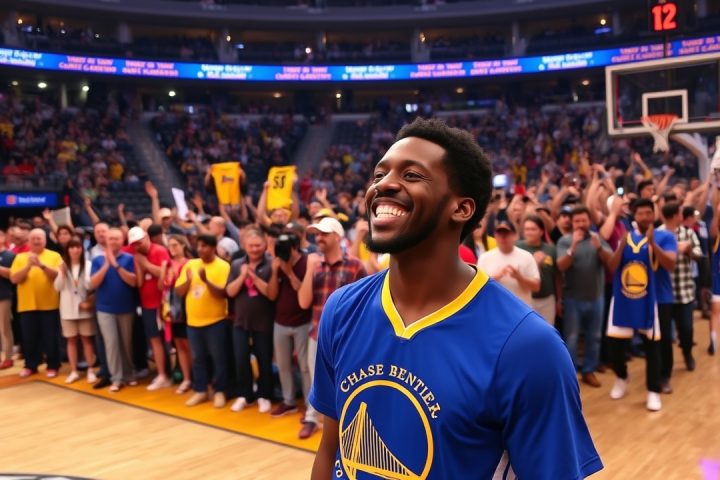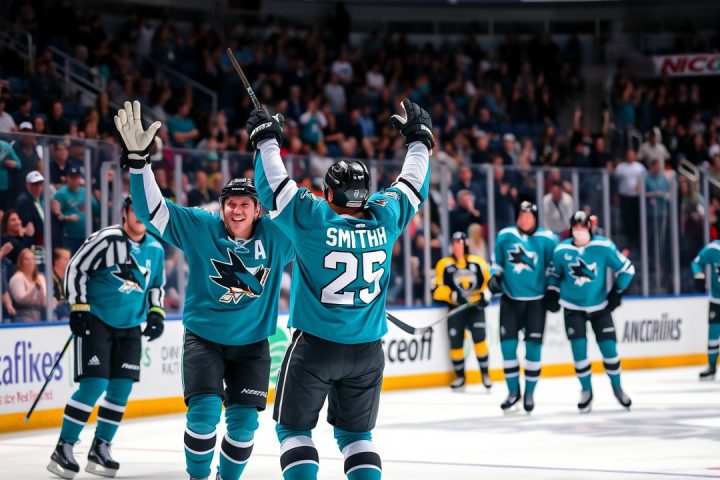Introduction
In the realm of football, adherence to regulations is critical, yet the interpretation of these rules can often lead to confusion and disputes. Article 5.01 of the UEFA regulations explicitly states, “No individual or legal entity may simultaneously maintain any control over more than one club involved in UEFA competitions.” This straightforward clause inherently complicates the situation for Crystal Palace as they anticipate their debut in European tournaments.
The Ownership Dilemma
The crux of the issue lies in the ownership dynamics: Crystal Palace’s primary shareholder, Eagle Football Holdings, also has a significant stake in the French club Olympique Lyonnais, which has qualified for the Europa League next season alongside Palace.
The situation raises legitimate questions about the integrity and fairness of UEFA’s competitions. Allowing two teams under the same ownership umbrella to compete against each other undermines the essence of fair play. Over the past weeks, Crystal Palace officials have engaged with UEFA to clarify their position, stressing that John Textor, while the majority shareholder with Eagle Football, holds only 25% of the voting rights at Palace.
Textor had previously envisioned a merger of Palace with Lyon and other clubs in his portfolio, but that plan has not materialized, largely due to the current governance by chairman Steve Parish.
The Pressure to Divest
Palace’s investors are urging Textor to divest his 43% stake in the club, with offers from prominent figures such as Woody Johnson, owner of the New York Jets, and discussions with a consortium that includes NBA star Jimmy Butler. However, the timing is critical; UEFA’s deadline for ownership changes necessary for the upcoming season ended on March 1.
Should Palace be forced to withdraw from the Europa League, they would not be eligible to enter the third-tier Conference League. This is due to another entanglement: Brøndby, owned by Global Football Holdings, which includes Palace’s co-owner David Blitzer, has already secured a spot in that competition and would take precedence under UEFA rules governing multi-club ownership.
The Stakes are High
The stakes are high. Palace’s recent FA Cup victory, their first major trophy, resonated not only within their fanbase but across the football community as an inspiring triumph against economic powerhouses like Manchester City. Yet the added background of suffering other clubs, such as Drogheda United in Ireland, which has already been barred from the Conference League due to similar ownership concerns, raises awareness of growing tensions between ambition and regulation in the sport.
Drogheda’s owners expressed their disappointment after their request for participation was rebuffed, illustrating the emotional toll on clubs deeply rooted in their communities.
Although UEFA’s regulatory framework aims to prevent conflicts of interest, the clarity it provides is often overshadowed by the hesitance to fully address potential abuses of power. The rise of multi-club ownership has proliferated, and as of June, 105 elite teams globally exist within such frameworks, complicating the landscape further.
Regulatory Challenges
Channels like City Football Group and 777 Partners exemplify the extensive reach and influence of multi-club ownership, often raising alarms about the commodification of clubs as mere assets. The regulatory response has thus far shown to be superficial, demanding compliance without truly tackling the core issues, leaving the sport vulnerable to manipulation.
Even when clubs attempt to navigate these labyrinthine regulations, as seen in previous actions taken by Nottingham Forest’s owner to adhere to UEFA rules, the boundary between actual management and ownership often blurs, leading to continuous confusion and potential conflicts of interest.
Conclusion
In summary, the essence of club football should remain centered on community representation, and the current adherence to regulatory loopholes threatens this principle. Both Crystal Palace and Drogheda’s situations highlight the pressing need for UEFA to refine their approach to multi-club ownership with significant reforms that go beyond paperwork to safeguard the game’s integrity.




